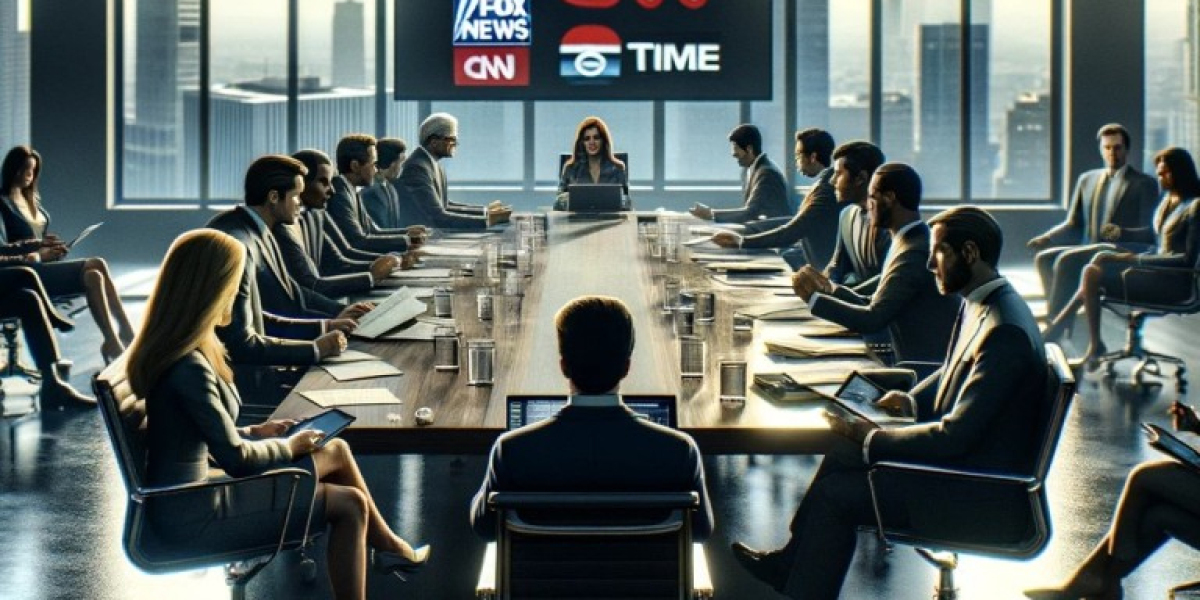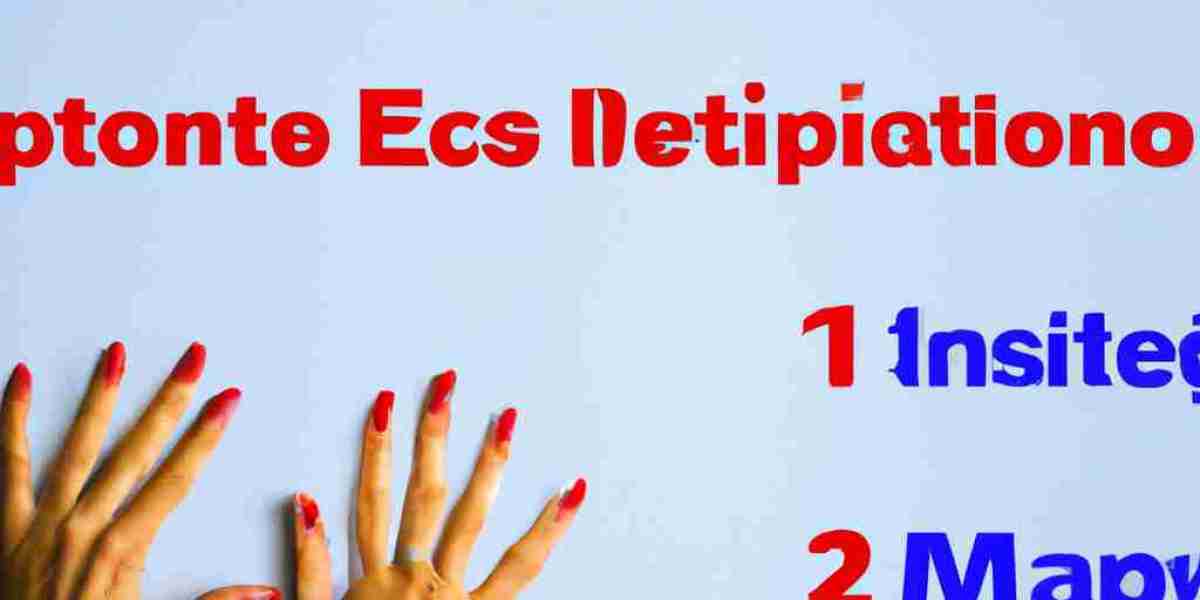In a dynamic development within the ever-evolving realm of artificial intelligence, OpenAI, the creator of the widely known AI chatbot ChatGPT, finds itself entangled in negotiations with major media giants CNN, Fox Corp., and Time.
The talks, aimed at securing content licenses, unfold against the backdrop of a legal clash with the New York Times, alleging copyright infringement by the AI startup. These negotiations stand as a testament to OpenAI’s strategic efforts to fortify its products, notably ChatGPT, with diversified and licensed news content, even as it navigates legal complexities.
OpenAI’s strategic negotiations and legal landscape
In a bid to strengthen its AI models, OpenAI has entered negotiations with media heavyweights, such as CNN and Fox Corp., to obtain licenses for a range of content, spanning written articles, videos, and images. Bloomberg, citing insiders, reports that discussions are underway, indicating the company’s strategic approach to accessing varied news sources. Time’s CEO, Jessica Sibley, has confirmed these ongoing talks, expressing optimism about the potential for a mutually beneficial agreement.
Beyond individual negotiations, OpenAI is in discussions with the News/Media Alliance, a global trade group representing over 2,200 media outlets. The aim is to identify opportunities and address concerns surrounding content licensing.
While OpenAI has successfully secured a multi-year licensing agreement with Politico’s parent company, Axel Springer SE, not all publishers are amenable to negotiation. The Washington Post has explicitly stated no recent discussions with OpenAI, and there are hints of potential legal actions against the startup, mirroring the situation with the New York Times.
Lawsuit background and OpenAI’s complexities ahead
The significance of these negotiations becomes evident against the backdrop of OpenAI facing a lawsuit from the New York Times Co. The newspaper alleges unauthorized use of its content by the AI company. In response, OpenAI, led by Sam Altman, attributes the purported copyright infringement to a “rare bug” within their system. The company contends that the accusations by the New York Times misrepresent the actual usage of data. This legal battle underscores the challenges OpenAI faces as it strives to balance innovation with legal and ethical considerations.
OpenAI’s current negotiations follow a series of copyright violation accusations. Last year, a group of 11 nonfiction authors, including Pulitzer Prize winners, joined a lawsuit against both OpenAI and Microsoft Corporation. The lawsuit alleges the unauthorized use of their writings for training AI programs. This legal entanglement adds another layer of complexity to OpenAI’s journey, showcasing the growing scrutiny and challenges in the field of AI ethics and copyright.
As OpenAI navigates the intricate terrain of content licensing negotiations, the larger question looms: How will these discussions impact the future of AI innovation and its relationship with media outlets? With legal battles and challenges on multiple fronts, the dynamics between AI developers and content creators are evolving rapidly.
OpenAI’s pursuit of content licenses, juxtaposed against legal disputes, raises important questions about the ethical and legal boundaries in AI development. How will the delicate balance between innovation and copyright protection be maintained in the AI landscape? The answers to these questions will likely shape the future landscape of AI integration with media content.







